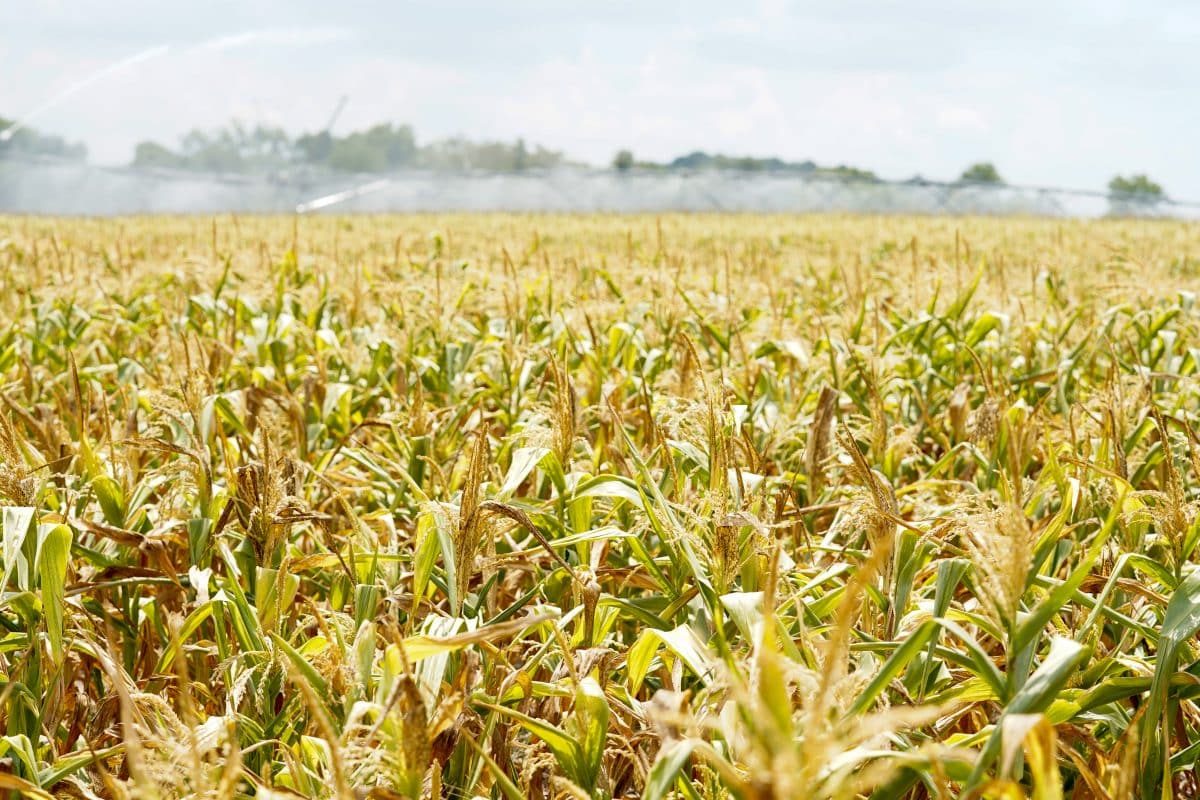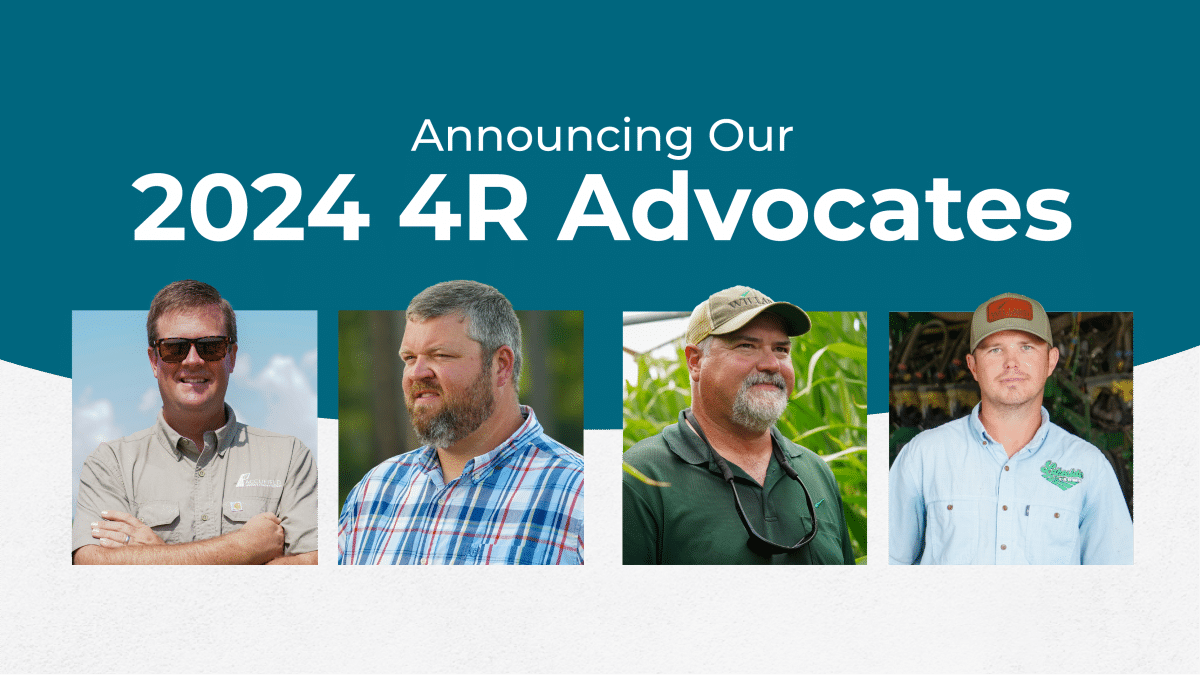TFI Releases 2025 Sustainability Report, Showcasing Industry Progress

Arlington, VA – The Fertilizer Institute (TFI) has released its latest sustainability report, highlighting continued progress in key areas such as workforce safety, energy efficiency, environmental impact, and industry innovation. The data reflects operations from 2023 and underscores the industry’s commitment to sustainable practices that drive both productivity and environmental stewardship.
“The fertilizer industry is essential to feeding a growing global population, and sustainability remains at the core of our mission,” said TFI President and CEO Corey Rosenbusch. “From decarbonizing production to improving nutrient use efficiency on the farm, our industry is committed to reducing environmental impacts while enhancing agricultural productivity.”
Since 2013, TFI has tracked key sustainability metrics, offering insights into the industry’s advancements in safety, security, sustainability, and efficiency. This year’s report includes compelling member stories and real-world examples of innovation shaping the future of fertilizer production and application.
Key Highlights from the 2025 Report:
- Energy Efficiency: reporting companies captured 102.1 million GJ of waste heat, equivalent to 100% of the total energy use reported by all participating producers.
- Water Stewardship: reporting companies recycled or reused 161.6 billion gallons of water, equivalent to the annual drinking water needs of about 885 million people.
- Reducing Emissions: reporting companies captured 10.5 million metric tons of CO2 equivalent.
- Investing in Efficiency: reporting companies had a three-year average of investing $1.26 billion annually, helping to meet sustainability goals by increasing production efficiencies, reducing energy and water use, and reducing greenhouse gas emissions.
To explore the full report and read member success stories, click here.
###
The Fertilizer Institute (TFI) is the leading voice of the nation’s fertilizer industry. Tracing its roots back to 1883, TFI’s membership includes fertilizer producers, wholesalers, retailers and trading firms. TFI’s full-time staff, based in Washington, D.C., serves its members through legislative, educational, technical, economic information and public communication programs. Find more information about TFI online at TFI.org and follow us on Twitter at @Fertilizer_Inst. Learn more about TFI’s nutrient stewardship initiatives at nutrientstewardship.org and on Twitter at @4rnutrients.




